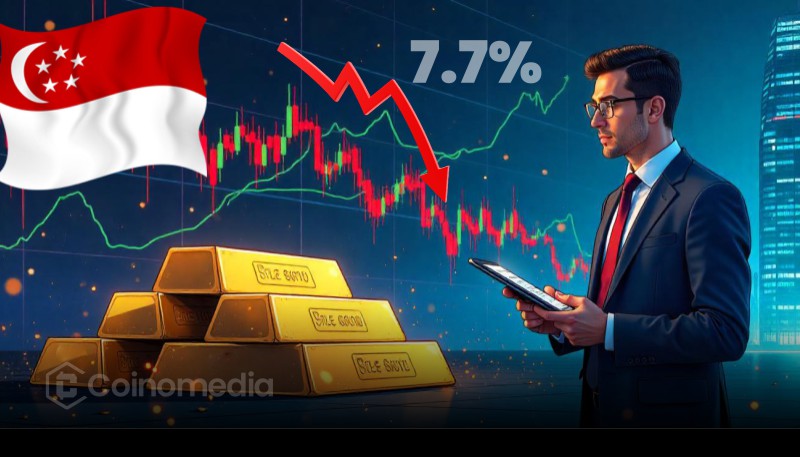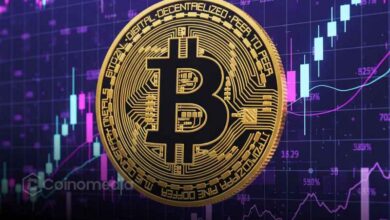
- Singapore’s stock market fell 7.7%, the largest single-day decline in over 16 years.
- The drop is part of a broader global market downturn triggered by recent tariff announcements.
- Major sectors, including banking and manufacturing, were significantly impacted.
Market Reaction to Tariff Announcements
On April 7, 2025, Singapore’s stock market experienced a significant decline of 7.7%, marking its most substantial one-day drop in over 16 years. This downturn is part of a broader global market reaction to the recent announcement of sweeping tariffs by U.S. President Donald Trump. The tariffs have intensified fears of a global trade war, leading to widespread sell-offs across major indices.
Impact on Key Sectors
The banking sector bore the brunt of the sell-off. DBS Group’s shares tumbled nearly 4.9% to S$43.30, United Overseas Bank fell 3.9% to S$35.46, and OCBC Ltd saw its share price slide 2.8% to S$16.62. Manufacturing and export-oriented companies also faced significant declines due to concerns over increased production costs and disrupted supply chains. For instance, Yangzijiang Shipbuilding’s shares slid 4% to S$2.17, reflecting apprehensions about the impact of tariffs on global trade.
Broader Asian Market Trends
Singapore’s market decline mirrors trends observed across other Asian markets. Japan’s Nikkei index fell 6.5%, Hong Kong’s Hang Seng index dropped 8%, and Taiwan’s benchmark index plummeted nearly 10%. These declines underscore the widespread investor anxiety regarding the escalating trade tensions and their potential to trigger a global recession.
Investor Sentiment and Outlook
The recent market volatility has heightened investor concerns about the stability of the global economy. Analysts are closely monitoring the situation, with some increasing the probability of a U.S. recession due to tightened financial conditions and heightened policy uncertainty. Investors are advised to exercise caution and stay informed as the situation develops.



